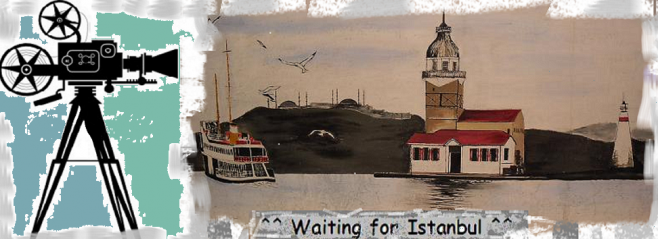First shown at the Bubai International Film Festival, this documentary then went on to win many awards at lots of other different film festivals. They are the Tribeca Film Festival, Jerusalem International Film Festival, Berlin International Film Festival, San Francisco International Film Festival and the SILVERDOCS Documentary Festival and the New York Times recommended it as a “must see”. The languages are Arabic, Hebrew, English and some parts of the documentary have English subtitles.
The documentary is about a Palestinian village called Budrus, and the opposition to build a wall to separate the Israelis from the Palestinians. The wall is called the Israeli West Bank barrier, it is not just a fence, it’s a security barrier and it’s something that the villagers don’t want. The wall will take much of their land away and also destroy a few thousand olive trees, which provide an income for many people, and so would alter the economy of the village. (This all happened at the begining of this century, 2000). Budrus is a village (population, approximately 1,500), where Israelis and Palestians live together in harmony, so the erection of the wall, would divide friends and the community. So they decide to work together, in a peaceful demonstration to save their land and village community, but good intentions don’t always go well, and we see the complications that arise.
…………………………………………………………………………………………………………………………………………
This documentary will be an eye-opener for many Americans. It tells the story of an on-going non-violent protest movement on the West Bank of the Palestinian Territories. The movement has been created and led by Palestinians–a people often portrayed as terrorists or fanatics by the Western media. Some intrepid international activists as well as some Israelis have joined the movement, but the focus of this film is on the Palestinians.
The film portrays the actual protests and the response by the Israeli military. Just as interesting are numerous brief interviews with many people including the leaders of the protests, an Israeli activist and an Israeli military leader on the ground (who I began to suspect was probably later fired, as his comments were damning as well as humorous). Many people might be shocked to see a Hamas member talk about the value of non-violent protest and how he has met progressive Jews whom he now views as comrades. Not a bearded mullah, he is a math teacher.
The protests I believe were filmed in 2003, but this movement against the Israeli theft of Palestinian land continues on the West Bank. Since it is rarely covered by the Western media, this film may be your only chance to get a good look at it. (Imdb)

